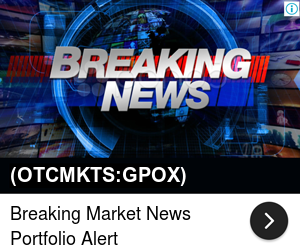IWB - iShares Russell 1000 Stock Trading
About | iShares Russell 1000 (NYSE:IWB)
None
Quote | iShares Russell 1000 (NYSE:IWB)
| Last: | $277.99 |
|---|---|
| Change Percent: | -0.4% |
| Open: | $275.84 |
| Close: | $277.99 |
| High: | $278.41 |
| Low: | $275.65 |
| Volume: | 599,853 |
| Last Trade Date Time: | 04/23/2024 03:00:00 am |
News | iShares Russell 1000 (NYSE:IWB)
-
2024-04-22 23:46:50 ET Summary Small-cap stocks may not reliably generate superior returns compared to large-cap stocks, and the size factor may even be detrimental to portfolios. Over a 23-year period, small-cap stocks only outperformed large-cap stocks by a negligible margin. ...
-
2024-04-22 13:58:00 ET Stock Traders Daily has produced this trading report using a proprietary method. This methodology seeks to optimize the entry and exit levels to maximize results and limit risk, and it is also applied to Index options, ETFs, and futures for our subscribers. This...
Message Board Posts | iShares Russell 1000 (NYSE:IWB)
| Subject | By | Source | When |
|---|---|---|---|
| First! :-D iwb | TheWatcher51 | investorshub | 09/24/2017 1:29:55 AM |
News, Short Squeeze, Breakout and More Instantly...
iShares Russell 1000 Company Name:
IWB Stock Symbol:
NYSE Market:
-
2024-04-22 13:58:00 ET Stock Traders Daily has produced this trading report using a proprietary method. This methodology seeks to optimize the entry and exit levels to maximize results and limit risk, and it is also applied to Index options, ETFs, and futures for our subscribers. This...
-
2024-03-23 16:20:00 ET Stock Traders Daily has produced this trading report using a proprietary method. This methodology seeks to optimize the entry and exit levels to maximize results and limit risk, and it is also applied to Index options, ETFs, and futures for our subscribers. This...
-
2024-02-21 10:18:00 ET Stock Traders Daily has produced this trading report using a proprietary method. This methodology seeks to optimize the entry and exit levels to maximize results and limit risk, and it is also applied to Index options, ETFs, and futures for our subscribers. This...





